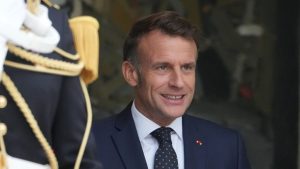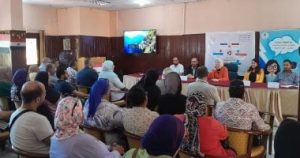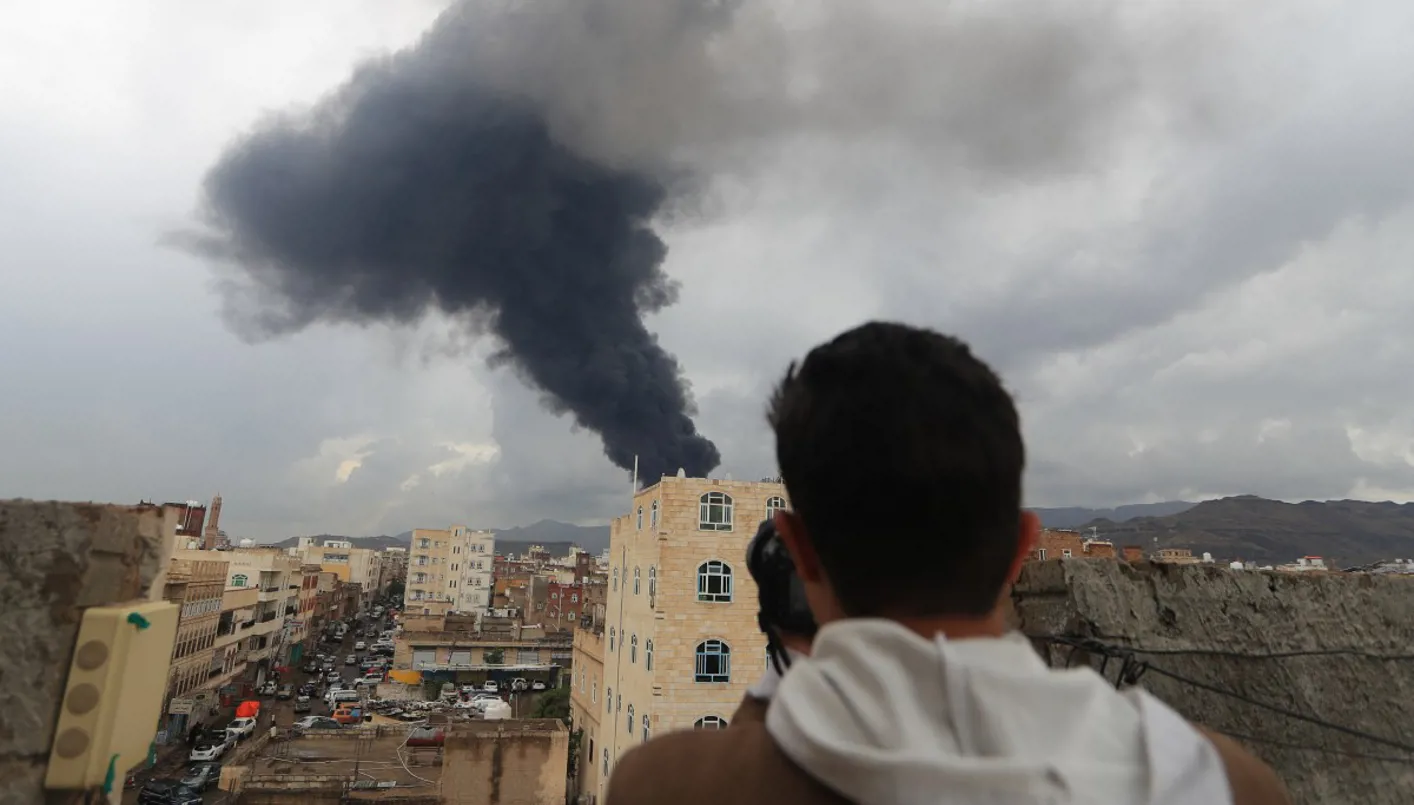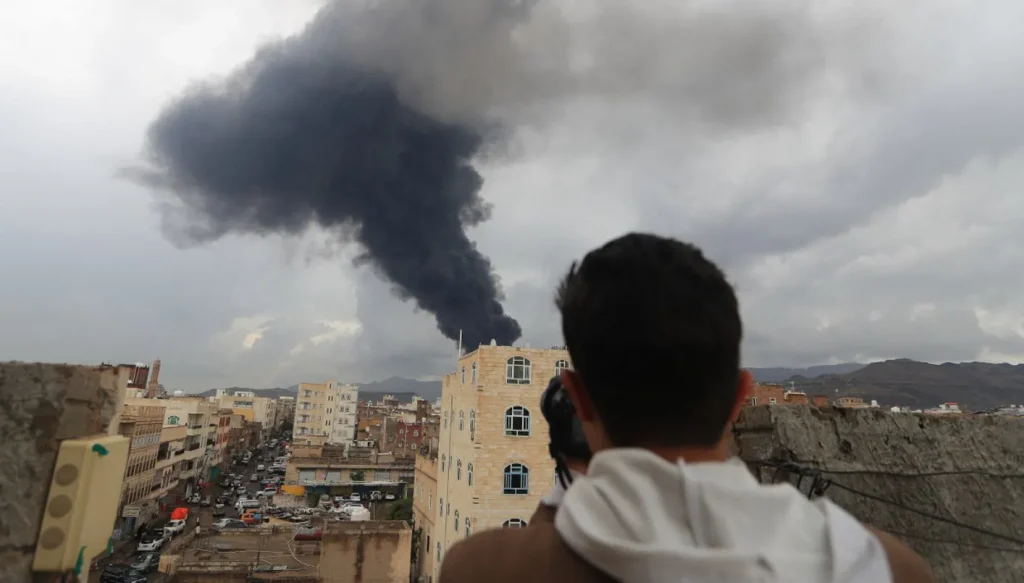Israel launched strikes against Houthi sites in Sanaa as part of a broader regional strategy aimed at sending fiery messages to Iran amid Israeli threats of preemptive strikes on Tehran. The intercepted Houthi missile over central Israel was Iranian-made and contained three separate warheads with shrapnel. British newspaper The Telegraph cited Israeli strategic military officials stating that despite the missile’s interception, it represents a serious escalation that may require possible preemptive strikes against Iran. Meanwhile, Iran conducted naval exercises in the Indian Ocean and the Arabian Sea last week, preceded by Iranian-Russian drills in the Caspian Sea. These maneuvers mark Iran’s recovery efforts after losses during the 12-day war launched by Israel on June 13, which included U.S. strikes on nuclear facilities in Fordow, Natanz, and Isfahan.
Last week, Iranian Vice President Mohammad Reza Aref warned of a possible renewed war with Israel “at any moment,” noting that the ceasefire since late June may not last long. Additionally, Yahya Rahim Safavi, military advisor to Supreme Leader Ayatollah Ali Khamenei, confirmed that Iran is preparing plans for the “worst-case scenario.” The strikes on the Houthis coincided with negotiations between Iranian officials and the European troika in Geneva, aiming to break the deadlock in U.S.-Iranian talks stalled by the June war. Europeans threaten to return to the UN Security Council to reactivate sanctions on Iran before the 2015 nuclear deal expires in October if Tehran does not resume nuclear negotiations. The Israeli strikes increase pressure on Tehran to return to negotiations, although Israel has never believed diplomacy is the best way to halt Iran’s nuclear program, favoring military options and regime change.
Israeli Defense Minister Yisrael Katz threatened Khamenei last week, while Chief of Staff General Eyal Zamir described the June war as “the first phase of the conflict with Iran.” Against this backdrop, Israeli strikes on the Houthis extend beyond Sanaa to Iran’s borders, as Israel considers itself the major regional power that must have the final say in Middle Eastern affairs, from Iran to Lebanon and Syria. It should also be noted that Prime Minister Benjamin Netanyahu targets the Houthis in Yemen amid preparations to occupy Gaza and implement the largest settlement project “E1” in the West Bank, which would eliminate hopes for a contiguous Palestinian state and displace Palestinians through settler violence and forced “voluntary migration.”














Recommended for you
Talib Al-Rifai Chronicles Kuwaiti Art Heritage in "Doukhi.. Tasaseem Al-Saba"
Exhibition City Completes About 80% of Preparations for the Damascus International Fair Launch
Unified Admission Applications Start Tuesday with 640 Students to be Accepted in Medicine
Egypt Post: We Have Over 10 Million Customers in Savings Accounts and Offer Daily, Monthly, and Annual Returns
His Highness Sheikh Isa bin Salman bin Hamad Al Khalifa Receives the United States Ambassador to the Kingdom of Bahrain
Al-Jaghbeer: The Industrial Sector Leads Economic Growth